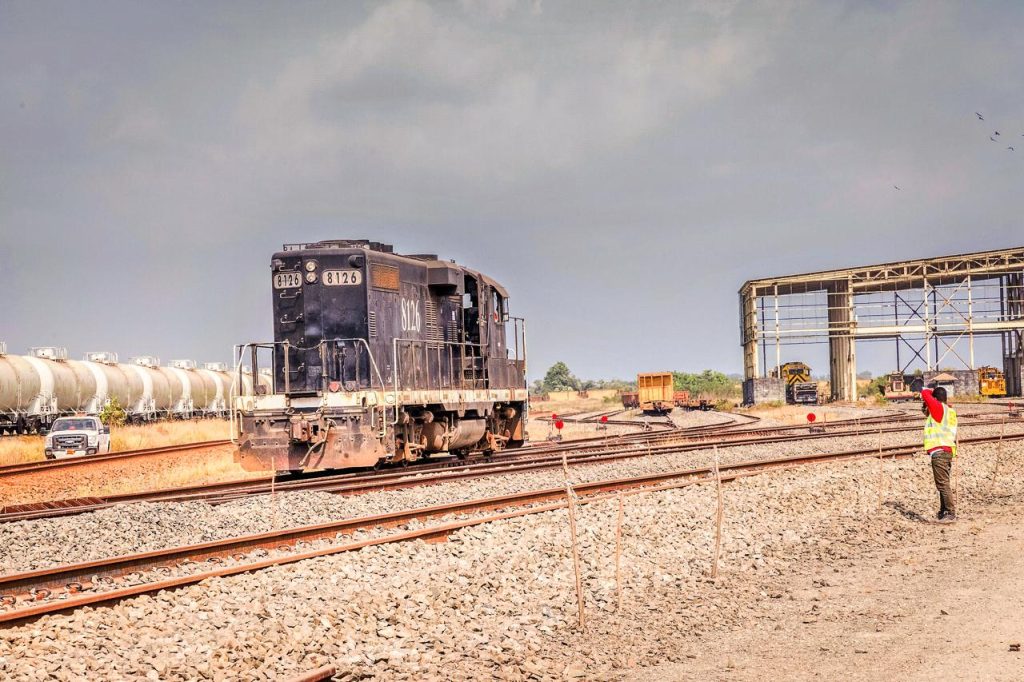Liberia stands at a critical juncture, facing a decision that will profoundly impact its future trajectory. The nation must choose between embracing sustainable development through strategic partnerships or succumbing to external pressures that prioritize foreign interests over national prosperity. At the heart of this dilemma lies the amended Mineral Development Agreement (MDA) with ArcelorMittal Liberia (AML), a $1.2 billion investment poised to transform Liberia’s mining sector and stimulate broader economic growth. This agreement represents a significant opportunity for job creation, infrastructure development, and skills enhancement for Liberians. However, external forces are attempting to derail this progress, jeopardizing Liberia’s chance for a more prosperous future.
ArcelorMittal Liberia, having already invested $1.7 billion in Liberia over the past two decades, stands as the country’s largest taxpayer and private sector employer. The company’s contributions extend beyond financial revenues, encompassing improvements in infrastructure, education, healthcare, and community development within its operational areas. The amended MDA promises to further amplify these benefits, with commitments to construct a modern iron ore concentrator, expand production capacity, create over 2,000 direct jobs, and bolster local supply chains and vocational training programs. These commitments represent tangible opportunities for Liberia’s economic advancement and human capital development.
Despite AML’s demonstrable commitment to Liberia, the expansion agreement faces resistance from High Power Exploration (HPX) and its subsidiary, Ivanhoe Liberia. HPX, lacking any investment history or operational presence in Liberia, is lobbying to wrest control of the Yekepa to Buchanan railway, the country’s sole functional mineral transport corridor, from AML. This maneuver, devoid of any investment proposal or plan to enhance the railway, reveals HPX’s primary objective: exploiting Liberia’s infrastructure for the transit of Guinean ore. Such an arrangement would offer minimal benefits to Liberia, generating only modest transit fees while bypassing the crucial drivers of economic growth: job creation, skills development, and infrastructure investment.
The current MDA already guarantees third-party access to the railway, allowing HPX to utilize the line under the existing agreement. HPX’s demand to control the railway, built and maintained by AML’s investments, is a politically motivated tactic designed to undermine a mutually beneficial agreement that balances foreign investment with Liberia’s national sovereignty. Acceding to HPX’s demands would not only deprive Liberia of substantial economic benefits but also send a chilling message to potential investors, jeopardizing future foreign direct investment and hindering the country’s long-term development prospects.
Rejecting the AML expansion for a second time would carry severe consequences for Liberia. The loss of over 2,000 direct jobs and tens of thousands of indirect livelihood opportunities, coupled with the forfeiture of $200 million in annual economic value from increased operations, would significantly impede Liberia’s economic progress. Furthermore, abandoning planned training and capacity-building programs for Liberian youth would hinder human capital development, limiting future opportunities for Liberia’s workforce. This decision would also erode investor confidence, signaling to current and future investors that Liberia is an unreliable partner, potentially leading to a decline in foreign investment.
The proposition that Liberia should finance and manage a separate, independent rail operator, while simultaneously sidelining a company offering the same service free of charge, is economically unsound and fiscally irresponsible. No prudent investor would commit to a billion-dollar investment only to be subsequently informed that control of the asset will be transferred to another entity with no investment history. Endorsing such a policy would unequivocally deter foreign investment, erode job creation prospects, and damage Liberia’s credibility in the international arena. This decision transcends a single company or agreement; it reflects the kind of nation Liberia aspires to be. Will Liberia reward those who invest in its future or succumb to the pressures of opportunistic entities offering empty promises?
President Joseph Boakai has the opportunity to chart a new course for Liberia, breaking free from the cycle of missed opportunities that hampered his predecessor’s administration. He can choose leadership grounded in logic, fairness, and long-term national interest, prioritizing sustainable development and the well-being of the Liberian people. Alternatively, he can allow Liberia to be exploited as a mere transit corridor for the benefit of foreign entities, sacrificing the nation’s economic potential and the prosperity of its citizens. Having already paid a steep price for hesitation in 2021, Liberia must not repeat this mistake. The choice is clear: embrace a future of sustainable growth or surrender to short-sighted opportunism.


